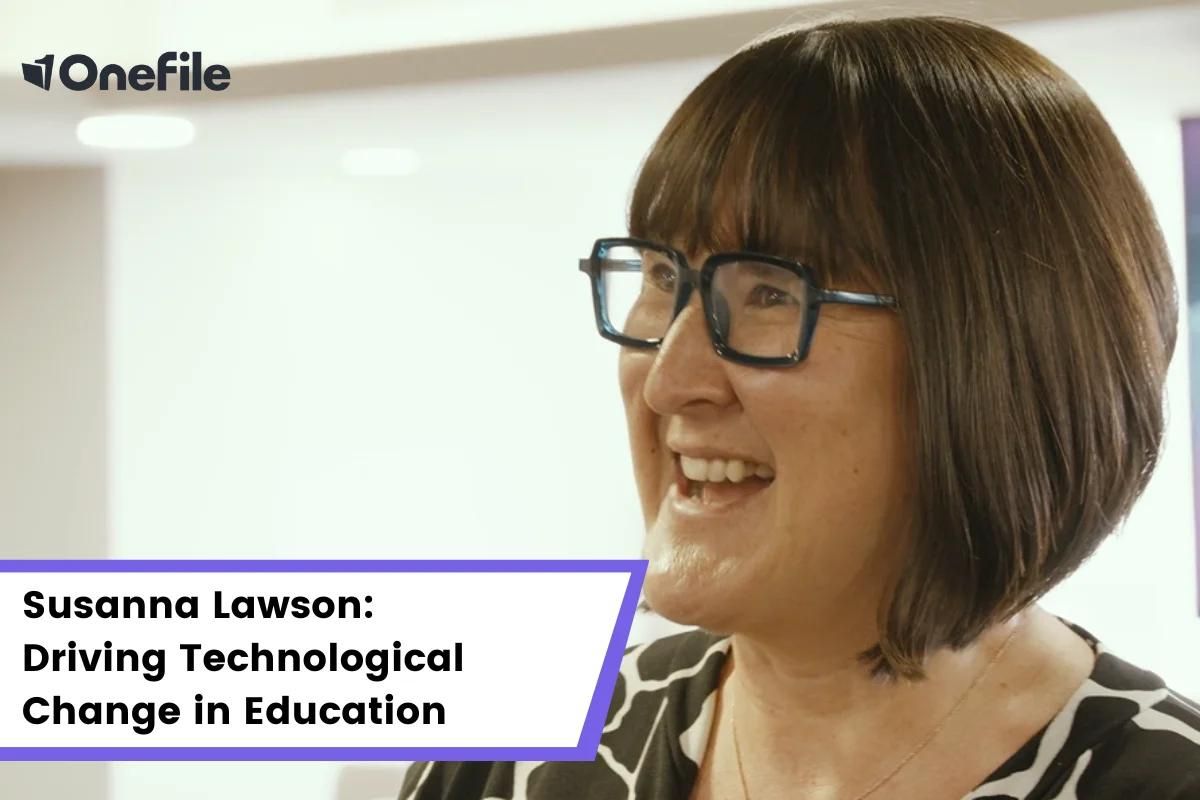The seven essential digital survival skills

Almost 12.6 million of the adult population lack basic digital skills and around 72 per cent of employers (in a report by the House of Commons Science and Technology Committee) say that they are unwilling to interview candidates who do not have basic IT skills. Furthermore, according to a survey by Barclays Digital Development Index, 43 per cent of UK workers lack the digital skills needed by most jobs.
Digital skills are now deemed to be just as important as the basic skills of literacy and numeracy. But being digitally literate is also important outside the workplace – when accessing public services, buying online, keeping up to date with news or communicating with friends and family.
But which ones are the most important? We have put together the seven essential digital skills that we think people need to survive and thrive, both in the workplace and beyond.
1. Using the internet
The internet is often the first place people go to for information. But one in 10 adults in the UK (that’s nearly six million) have never used it.
Having access to and being able to use the internet is becoming essential, not only for buying goods but also for daily living including banking online, looking and applying for jobs, booking travel arrangements, accessing benefits and sometimes even getting a doctor’s appointment.
The internet is increasingly how most of us get to know about the world, influencing our views and values and how we think. That’s why it’s our first essential survival skill. But we also need to know how to use it safely.
People are vulnerable to manipulation if they do not know how to assess the reliability of information. There are bullies, ‘trolls’ and other dangers out there as well that we all need to be aware of in order to stay safe online. Internet safety should be part of any training programme.
2. Understanding how websites work
Having a broad understanding of what makes a good website, ensuring smooth navigation, having an eye for page design and being able to create engaging content, are key attributes needed in more and more jobs.
You don’t need to be an expert web developer, but anyone hoping to land a job in today’s workplace should know how websites work.
3. Being able to code
The new national curriculum in schools requires learning about algorithms and coding for all pupils – and that’s in primary schools with children as young as seven or eight.
Being able to code and understand how coding works are useful skills. They enable workers to tweak an app or programme to fit individual requirements, to change the colour or size of an element, or to automate a tiresome time-consuming process.
Understanding the principles of coding means workers can see opportunities for automation and increased productivity in varied situations, even if they need to get a specialist to help with the more complex projects.
This demonstrates how important these skills are now in our digital world. People need to understand how computers make decisions. We are governed by the algorithms that make the computer say ‘no’ if we do not meet the criteria that have been set, or ‘yes’ if we do.
So if you are applying for a loan, for instance, the decision to accept or reject an application is invariably made by a computer.
4. Working at a distance and on the move
Employees are increasingly working on the move and outside the office. For everyone to be able to work remotely, companies need to have a good understanding of the right mobile technologies and digital workspaces to use.
For most employees and freelancers, working collaboratively is a necessary part of the job. But this no longer means everyone travelling to meet up in the same place.
Instead, working with colleagues may require accessing communication technologies and cloud-based platforms, such as Google Drive, Microsoft’s OneDrive or Apple’s iCloud.
Working ‘in the cloud’ means all staff can contribute in real time – synchronously – whether they are in the office, at home, in a cafe or even in different countries around the world. Today’s employees need to be able to do that.
5. Understanding how to create mobile apps
The prevalence of mobile apps is growing. Businesses are finding the need for bespoke apps – for their customers and staff, much as they found the need for a bespoke website 20 years ago.
Basic apps can be easily produced. Being able to create a bespoke mobile app or understanding how to commission someone who can is now one of our essential skills.
6. Knowing how to use social media
Familiarity with social media is creeping into more and more job descriptions. For some people it is their prime personal communication medium, overtaking email and phones. An awareness of how to use Facebook, LinkedIn, Twitter, Instagram, Pinterest and other social media platforms is useful.
But for jobs in marketing, media or customer services it is essential to know what social media different audiences use and how to monitor an organisation’s profile online. People don’t need to be experts, but anyone who can demonstrate a thorough understanding of how to use different social media platforms will stand out.
For freelancers and small businesses, however, knowing how to market themselves through social media can mean the difference between thriving and surviving.
7. Becoming more productive
If there is one thing economists all seem to agree on, it is that the UK economy’s biggest problem is its relatively low productivity compared to its main rivals. We need our workforce to massively increase the UK’s collective digital skills in order to compete with other countries and to stop us sliding down the economic league table of industrialised nations. Increased productivity is a consequence of deploying digital skills, and we all need digital skills to be productive.
We are already running to catch up in the digital age and the nature of ‘core’ digital skills has shifted. Developing these new skills within the existing, as well as future, workforce is critical to improving economic performance, employability and social inclusion.
Jacquie Mutter, CEO, OCN London
OCN London’s qualifications in Digital Skills: To help meet the digital skills crisis challenge OCN London has developed new qualifications in digital skills. Aimed at people aged 16 and over, they are the result of extensive research and consultation. Familiarity with coding and automation are central. These skills are no longer just the domain of professional IT specialists and ‘techies’, but increasingly a basic requirement for productive employment in all professions and vocations. Mobile apps to improve productivity, collaborative working with colleagues in ‘real time’ (even in different continents) and automating routine processes are all becoming increasingly important too.
Find out more about OCN London’s Digital Skills Awards and Certificates – available at Entry 3, Level 1 and Level 2, or try this digital skills quiz.











Responses